Why Parent Training is Essential in At-Home ABA Therapy
Empowering Families through At-Home ABA Therapy
Introduction to Parent Training in ABA Therapy
As the backbone of effective Applied Behavior Analysis (ABA) therapy, parent training plays an indispensable role in enhancing outcomes for children with behavioral challenges. By acquiring essential skills and strategies, parents not only reinforce the therapeutic interventions but also foster a nurturing home environment conducive to skill generalization and behavioral consistency. This narrative explores why parent training is crucial in at-home ABA therapy and how it benefits both children and families.
Significance of Parent Training in ABA Therapy
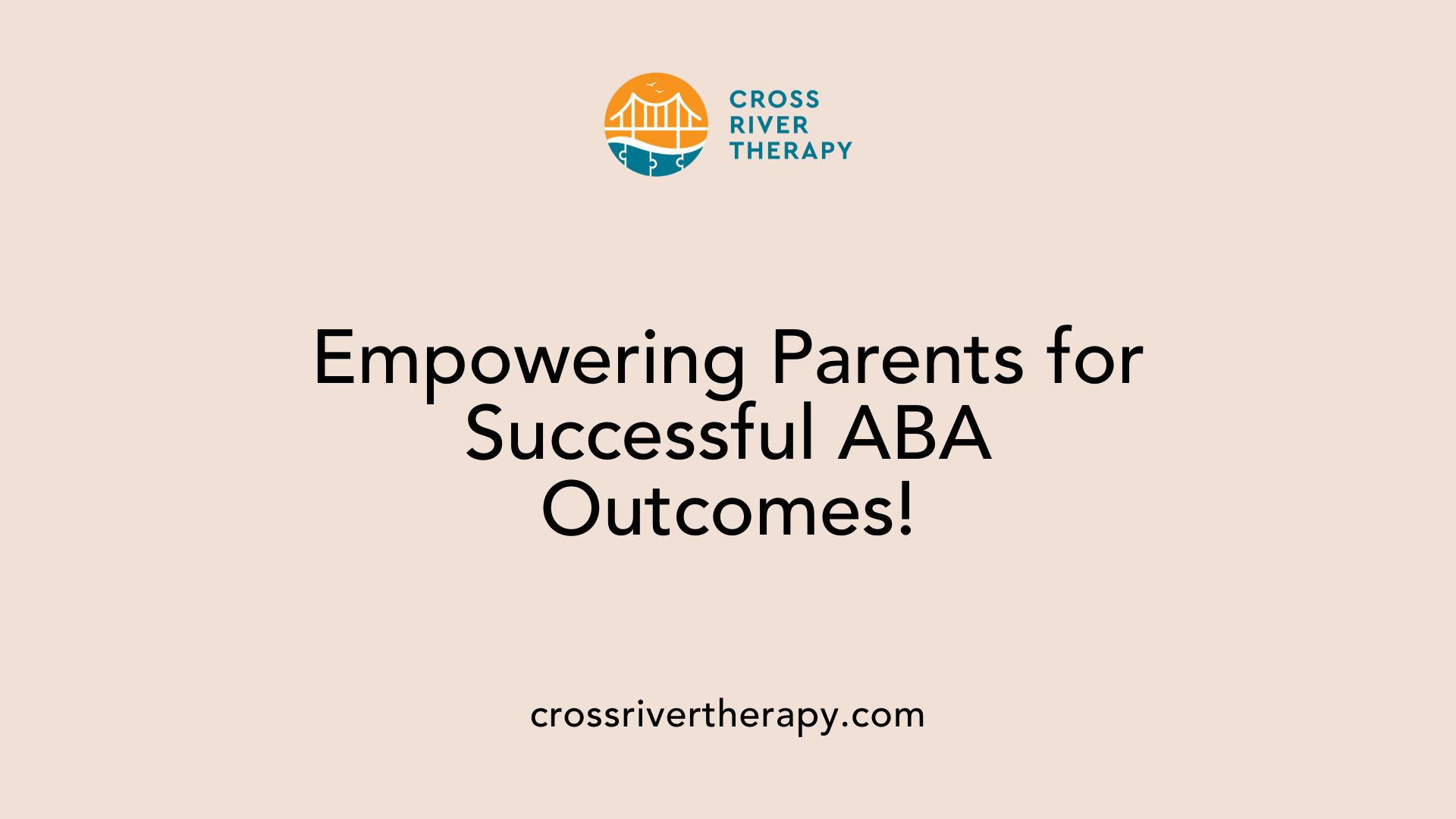
Why is parent training important in ABA?
Parent training plays a fundamental role in the success of Applied Behavior Analysis (ABA). It equips parents with critical skills that are essential for supporting their child's growth and development outside of clinical settings. By learning specific strategies to reinforce positive behaviors, parents ensure that the skills their children acquire during therapy are applied consistently at home.
Moreover, parent training fosters family dynamics by enhancing communication and understanding between parents and children. This takes the form of tailored support from qualified professionals, ensuring that parents are not merely passive observers but active participants in their child's intervention process.
Research indicates that children whose parents engage in ABA training demonstrate faster and more sustained progress. Active involvement allows parents to help prevent regression by regularly practicing learned skills. It also provides parents with insights into their child's unique challenges and behaviors, leading to more effective strategies tailored to individual needs.
The collaborative approach between the parent and the ABA provider enhances the effectiveness of therapy. As parents become familiar with the tactics employed in clinical settings, they can effectively implement these strategies at home, creating a structured and predictable environment for their child. This consistency is crucial in helping children apply their learned skills across various contexts, further reinforcing their progress.
In summary, parent training not only supports the implementation of behavior management strategies at home but also contributes positively to overall family well-being by reducing stress and building confidence in parents.
Benefits of Parent Involvement in At-Home ABA
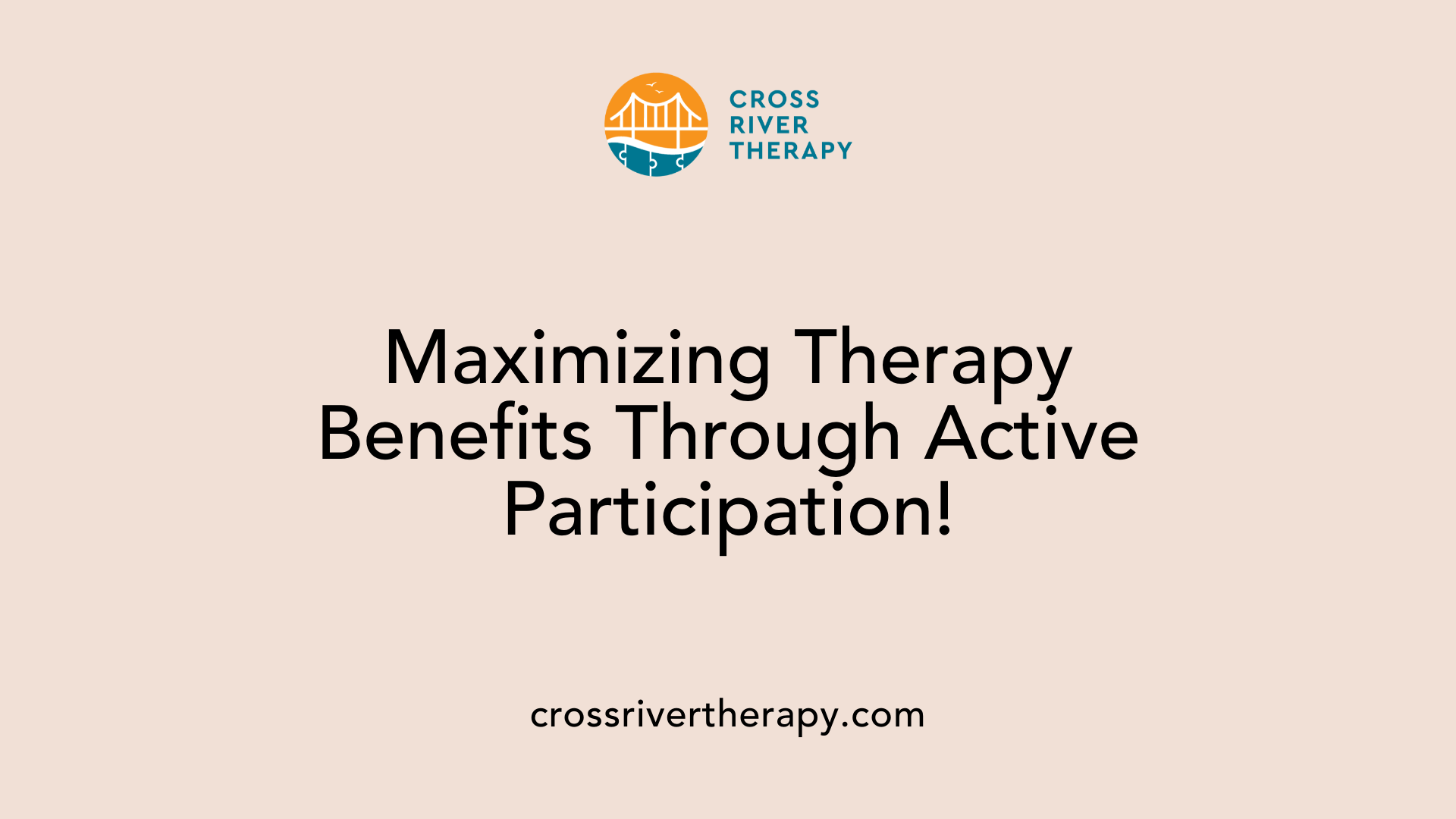
What are the benefits of parent involvement in ABA therapy?
Parent involvement in ABA therapy is a cornerstone of effective treatment, greatly enhancing a child's development. When parents actively engage in the process, they can reinforce their child's progress by consistently applying strategies learned during therapy. This is particularly beneficial as it facilitates the transfer of skills across various environments, including home and school, ensuring that children can generalize what they learn in therapy to everyday situations.
By participating in collaborative goal setting with therapists, parents help tailor treatment plans that resonate with their family's unique dynamics and values. This personalization is crucial for establishing practical and achievable goals. Furthermore, parent training provides caregivers with an understanding of behavioral principles, equipping them with effective techniques to encourage positive behaviors and manage challenges at home.
Regular practice of taught skills under professional guidance helps prevent regression, making it easier for children to maintain and generalize their acquired skills. The shared experience of training also strengthens the parent-child relationship; parents learn how to communicate better with their children, fostering an environment of support that enhances emotional bonds.
Moreover, active parental engagement in ABA therapy positively impacts the family's overall quality of life. It reduces parental stress by providing tools for managing difficult behaviors, which leads to a healthier and more cooperative family dynamic. Ultimately, when parents are involved, children tend to achieve quicker and more substantial progress in therapy, paving the way for greater independence and well-being.
The Goals of Parent Training
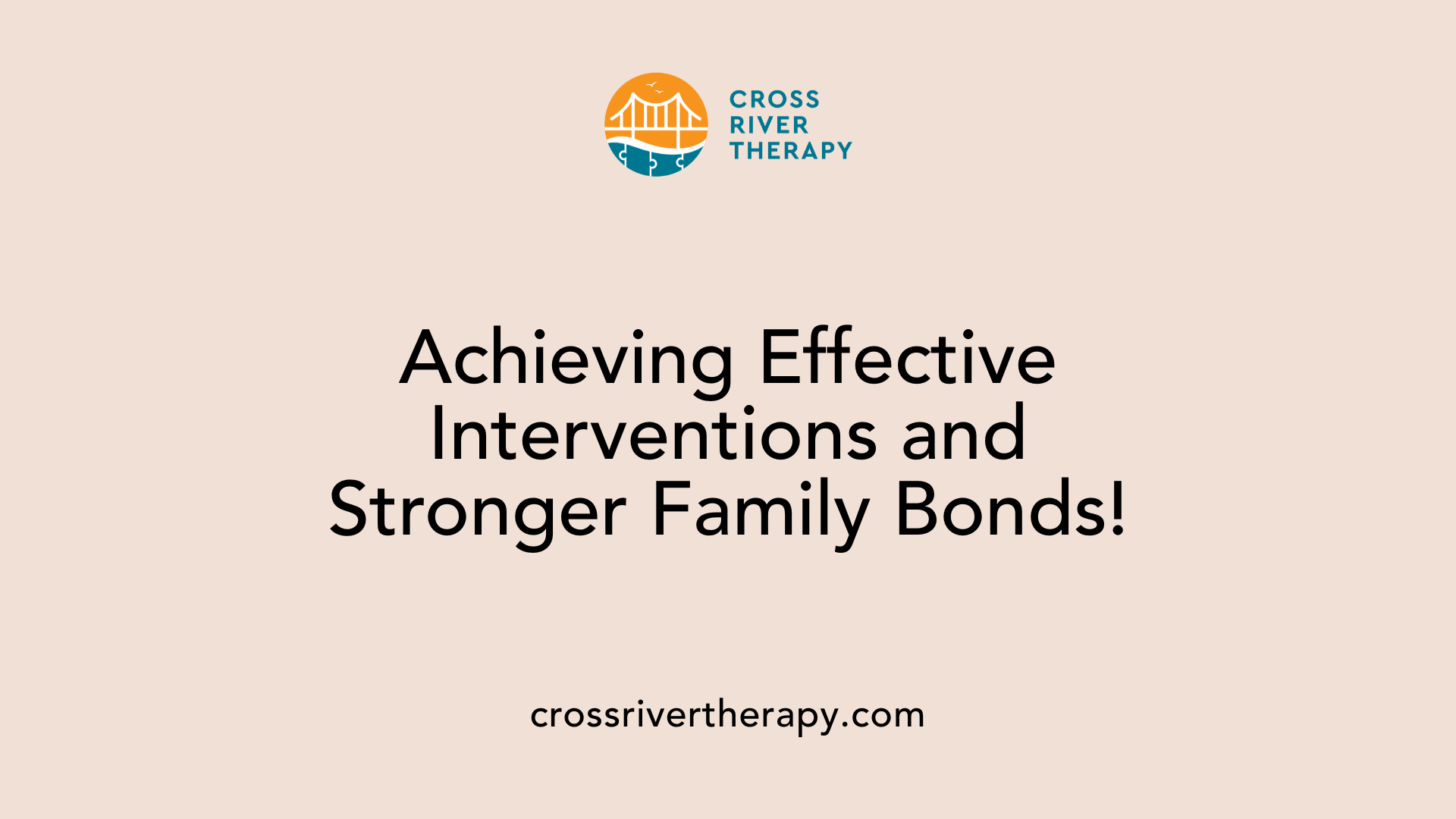
What is the goal of parent training?
The primary objective of parent training within the framework of ABA therapy is to improve parenting skills while minimizing child behavior issues. This process results in enhanced interactions between parents and children, contributing to healthier family dynamics. Research emphasizes that effective programs based on principles of social learning theory strive to strengthen the parent-child relationship. This is often achieved by promoting positive behaviors through praise, reinforcement, and structured guidance.
Creating a nurturing environment is essential for the child’s growth and development. However, it is important to note that although many parent training programs are available, only a small fraction are classified as well-established, empirically supported interventions. Prominent programs, such as Parent Management Training and Parent-Child Interaction Therapy, have been rigorously evaluated, setting them apart from the wider array of less-tested programs.
Improving family dynamics
In addition to skill enhancement, parent training also focuses on improving family dynamics. Engaging parents in their child's ABA therapy enables them to effectively manage challenging behaviors at home, which can significantly reduce parental stress and anxiety. As parents learn and implement ABA strategies, they foster better communication and understanding with their child, strengthening their emotional bond.
Moreover, the collaborative process engendered by parent training encourages shared activities and reinforces positive parent-child interactions. This, in turn, leads to improved overall family relationships, emphasizing the importance of parental involvement in achieving both developmental goals for the child and emotional well-being for the family.
Understanding Parent Management Training (PMT)
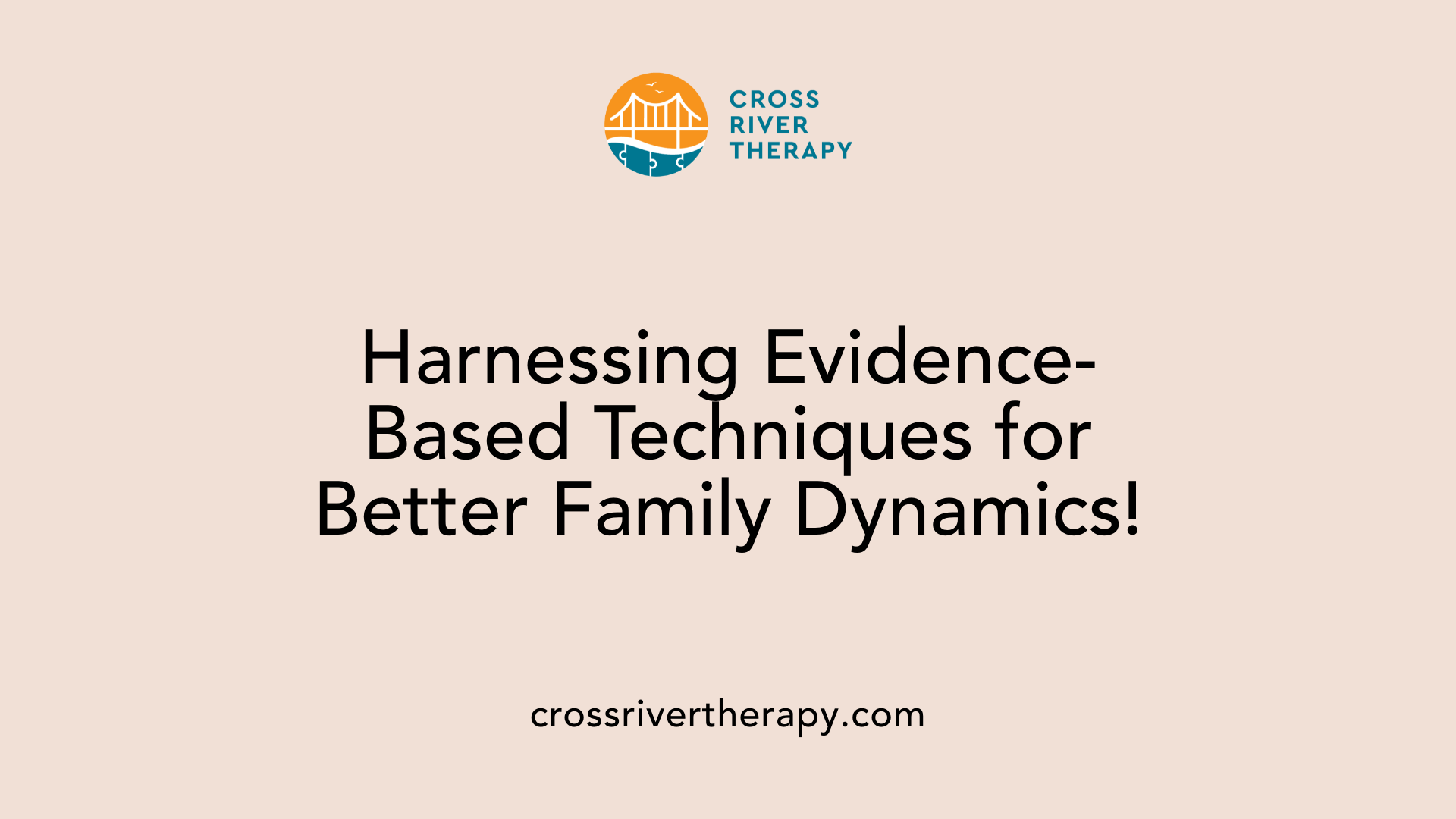
What is Parent Management Training?
Parent management training (PMT) is an evidence-based intervention that focuses on enhancing parent-child interactions and improving child behavior, particularly for those with conduct disorders. It entails teaching parents various strategies, including:
- Positive Reinforcement: Encouraging desired behaviors by providing rewards.
- Negative Reinforcement: Removing unfavorable conditions to promote positive behavior.
- Contingency Management: Establishing clear consequences for behavioral choices.
This training usually takes place in group settings, emphasizing parental involvement and skill enhancement. Many families experience significant improvements in the behavior of their children following PMT. Moreover, the training supports better adaptive functioning in children while also enhancing parental competence.
Application of PMT in ABA
PMT plays a crucial role in the context of Applied Behavior Analysis (ABA) therapy. This training aids parents in implementing behavioral techniques effectively at home, ensuring the generalization of skills learned in therapy to everyday situations. The structured approach of PMT, including initial assessments and ongoing support, helps establish tailored strategies based on each child's specific needs.
- PMT supports the creation of a predictable and consistent environment, which is vital for skill retention and progress in children.
- Active participation in PMT ultimately aligns parents and therapists in a collaborative framework, enhancing therapy outcomes.
- Families report improved emotional bonds and reduced stress as they learn effective communication and behavior management techniques in their day-to-day lives.
Through PMT, parents become empowered advocates for their children, reinforcing positive behaviors and addressing challenges within various settings, including schools and home environments.
Strategies and Methods in Parent Training
Key strategies in parent training
Effective parent training incorporates various strategies designed to enhance both parent involvement and child outcomes. These strategies include:
- Initial Assessment: Understanding each child’s unique needs through thorough evaluations establishes a personalized training plan.
- Hands-On Practice: Parents engage in behavior skills training, allowing them to practice techniques in real-life scenarios with guidance.
- Ongoing Support: Regular consultations with Board-Certified Behavior Analysts (BCBAs) ensure that parents adapt their strategies as their child progresses.
Methodology and application
The methodology emphasizes collaboration between parents and trained specialists. Key components include:
| Component | Description | Benefits |
|---|---|---|
| Parent Education | Sharing insights about ASD and effective ABA techniques. | Enhances parental understanding and engagement. |
| Behavior Skills Training | Practical training on implementing ABA strategies at home. | Facilitates skill generalization across environments. |
| Feedback & Adjustment | Continuous feedback from trainers helps refine strategies based on observed behavior. | Promotes effective problem-solving and adaptability. |
This comprehensive approach not only equips parents with the tools needed to support their child's development but also strengthens family dynamics and reduces stress.
Resources and Support in Parent Training
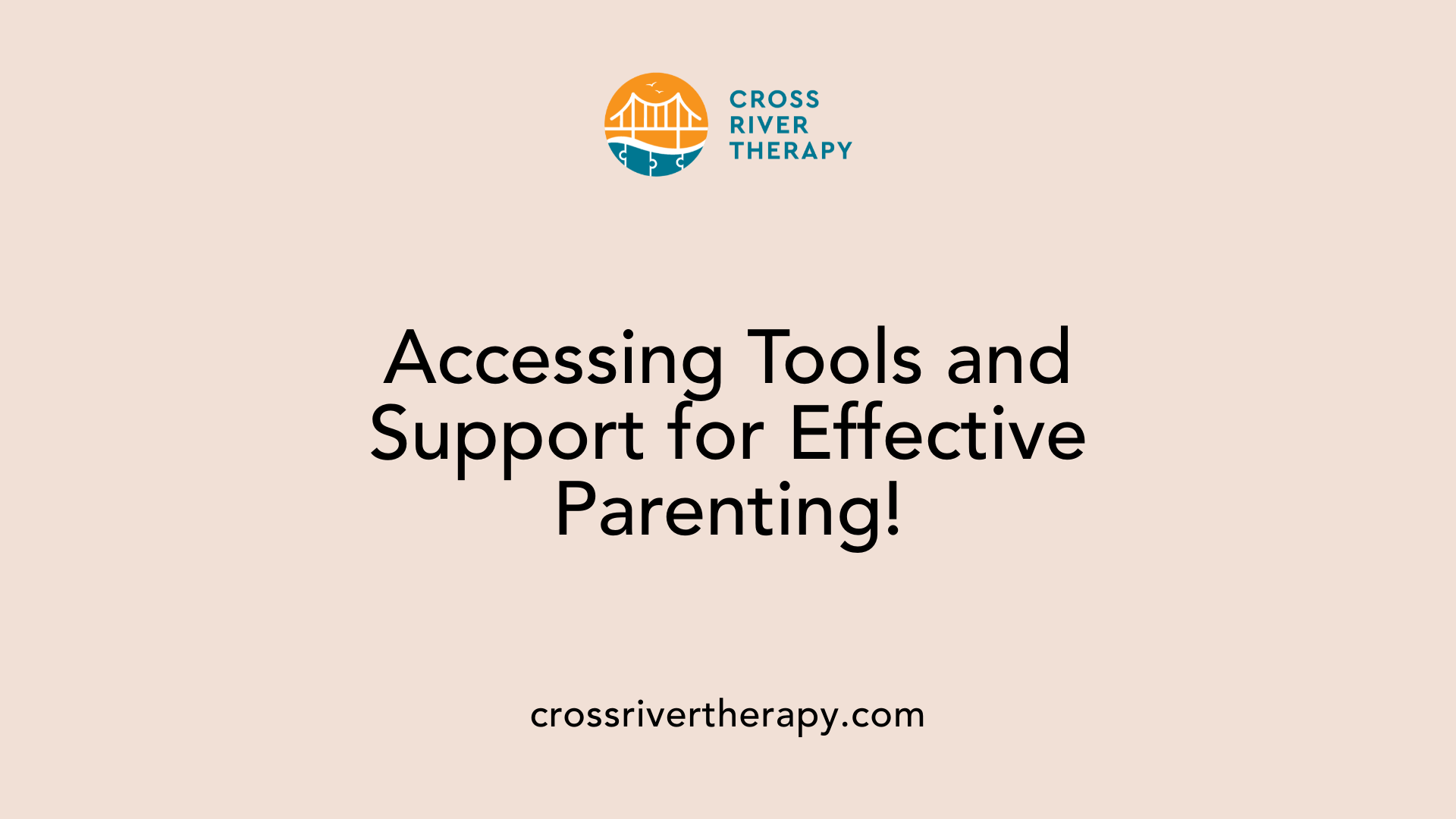
Available Resources for Parents
In the realm of ABA therapy, parents can access a variety of resources designed to empower them in their child's development. This includes:
- Workshops and Training Sessions: These provide fundamental knowledge on autism spectrum disorder (ASD) and effective behavioral strategies.
- Online Resources and Tools: Many organizations offer free or low-cost access to materials that educate on ABA principles and techniques.
- Support Groups: Joining a community of other parents can provide emotional support and shared experiences in navigating challenges.
Support in ABA Therapy
Collaboration is vital in ABA therapy, with specialized professionals like Board-Certified Behavior Analysts (BCBAs) offering tailored support to parents.
- Hands-on Coaching: Parents receive personal training on applying techniques in real-life scenarios, enhancing the generalization of skills.
- Ongoing Communication: Regular check-ins with therapists help refine approaches to suit evolving needs.
- Resource Sharing: Therapists often supply additional reading materials and tools aimed at reinforcing strategies learned in sessions.
Parents are equipped through these resources and support systems to become effective advocates and facilitators in their child's ABA journey, leading to better outcomes across various settings.
The Direct Impact of Parent Training on Families
Impact on Family Dynamics
Parent training in ABA therapy significantly enhances family dynamics. As parents learn to implement behavioral strategies effectively, communication within the family often improves. This leads to reduced stress and promotes a stronger emotional bond between parents and their children. Parents equipped with knowledge of their child's unique needs become more engaged and confident, resulting in a collaborative approach to the child's therapy and overall development.
Improving Quality of Life
The skills acquired through parent training can profoundly enhance the quality of life for families. Parents who actively participate in their child’s ABA therapy can better manage challenging behaviors, fostering a more supportive home environment. As a result, children experience smoother transitions from therapy sessions to everyday situations. This support not only improves the child’s social and communication skills but can also lead to significant developments in their independence, positively impacting the entire family unit.
In Conclusion
Parent training is a cornerstone of successful at-home ABA therapy, empowering families to effectively support their children’s developmental journey. As parents become proficient in ABA principles, they not only contribute to the therapeutic process but also foster environments that nurture sustained behavioral improvements. The ripple effects of parent training positively transform family dynamics, ensuring a supportive backdrop for children's long-term success. By investing in parent training, families take a significant step toward enriching the lives of children with behavioral challenges, paving the way for a brighter future enriched with hope and possibilities.
References
- 8 Reasons to Complete ABA Parent Training
- Parent Training as a Medical Necessity in ABA Therapy
- 4 Ways Your Child Benefits From Parent Training In ABA Therapy
- 9 Reasons to Complete ABA Parent Training & How it Helps Kids
- Parental Role in ABA Therapy - Reinforcing Progress at Home
- Parent Training in Applied Behavior Analysis Treatment
- Why is Parent Training Important in ABA (Applied Behavior Analysis)?
- The Importance of Parent Training in ABA Therapy | Childwise



